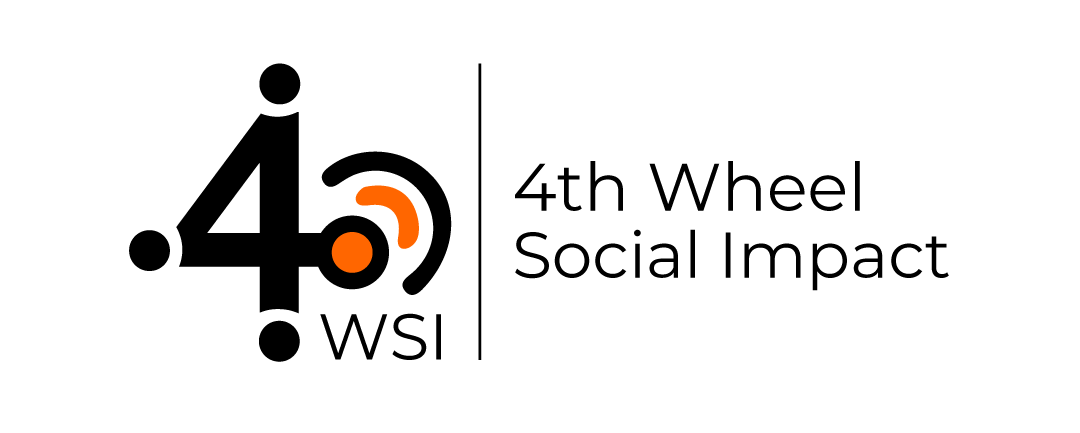Current skilling scenario in India
- Jan 12, 2018
- 3 min read
Updated: Sep 16, 2025
When we think of India, we think of diversity and culture, but we also think of overpopulation. A burgeoning population of 1.2 billion means that the average age in the country is 29 and half of our population is under 25 years of age. We have the opportunity to turn this seemingly negative factor into a boon for India’s development, as we have a large potential workforce at the ready. Additionally, the aging population in more developed countries also indicates a shortfall of global skilled labour power of approximately 56.5 million by 2020.
The urgent need of the hour is investing in skill training to create sustainable, inclusive development for all Indians. Skilling refers to the training, practical, theoretical, and soft skill knowledge of current industry standards. It involves harnessing the untapped potential of the youth and making them employable with relevant skills for the current job market. The problem lies in the fact that we have the lowest proportion of trained youth in the world.
Many social inequalities still plague holistic development as many Indians face a lack of opportunity and access to tools for improving their standard of living.
– The urban-rural divide means that many aspiring youth from rural towns do not have access to the same resources and educational opportunities as their urban counterparts and are unable to compete for employability. The problem of literacy is one spanning all of India, but rural areas are most affected and thus often left behind. To ensure that all Indians are equally treated, a subset of Skill India, ‘Rural Skill India’ is a programme that has been created to standardise training methods across urban and rural youth. This also means that trainings are conducted in various languages, often with local trainers who understand immediate, local needs.
– Furthermore, patriarchal societal norms mean that women, or 50% of the workforce, are forced to succumb to regressive gender stereotypes and discouraged from pursuing education or vocational training for jobs. Women in India are mostly confined to the informal sector, with low-paid jobs and no security benefits. National missions are now focused on ensuring a gender balance with women-specific policies for their effective participation in the employment market. Harnessing this ignored labour source and utilizing their potential would help India meet its skilling target and reap the benefits of having the largest workforce by 2025. This would also bring India closer to achieving the UN global Sustainable Development Goals (SDGs) by promoting gender justice and equality, all whilst engaging the workforce.
Skill India is a national mission that aims to invest in skill training for future sustainable development. It enables training and mentorship programmes for the youth, to equip them with the skillset to compete in the global market. Skill India has created several institutions like the National Skill Development Corporation India that provide training and up-skilling to keep up with relevant technological advances and helps India scale up our industries to tech-led sectors.
There is also strong support for vocational and traditional occupational training to ensure native artisan-led industries are supported. Training also covers soft skills, to help with the overall sustainability of the project as it equips the youth with the people skills to thrive in professional settings. Therefore, by focusing on skill development, India can reap the economic and social benefits of inclusive growth.
However, skilling initiatives need to be wary of issues that hamper long-term sustainable growth such as:
– The current labour demand and supply skill mismatch indicates a severe disconnect between the education/skilling industries and the labour market. In moving forward, skill development initiatives need to be better coordinated.
– The high level of attrition seen after these skill trainings also point at a need to address aspirations among the youth, so they are better prepared for the job they go into and are aware that skill training does not guarantee immediate post-training employment.
– Monitoring and evaluating for placement agencies need to be conducted more thoroughly, to ensure that new entrants are being treated without discrimination.
– The quality and uniformity of the training provided also needs to be monitored, with any resulting inconsistencies rectified swiftly.
– In a large economy like India, full of geographical, religious, and class differences, undertaking skilling initiatives are essential for overall development, but they need to be monitored and tailored effectively to create sustainable growth and upliftment for all Indians equally.




Comments